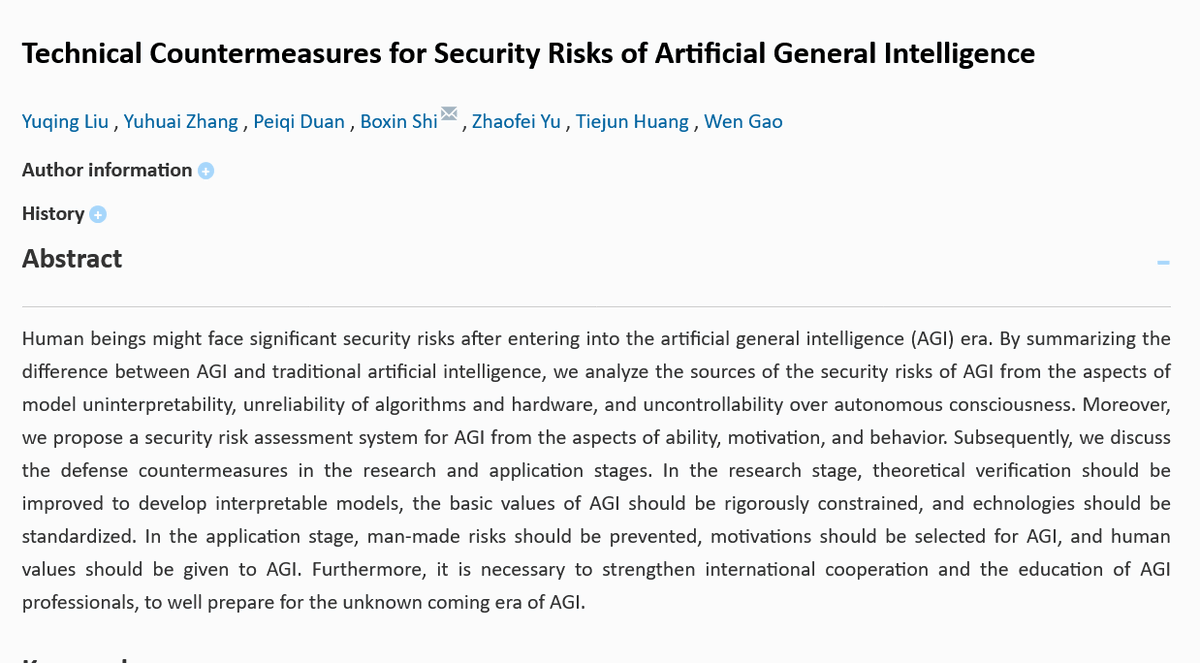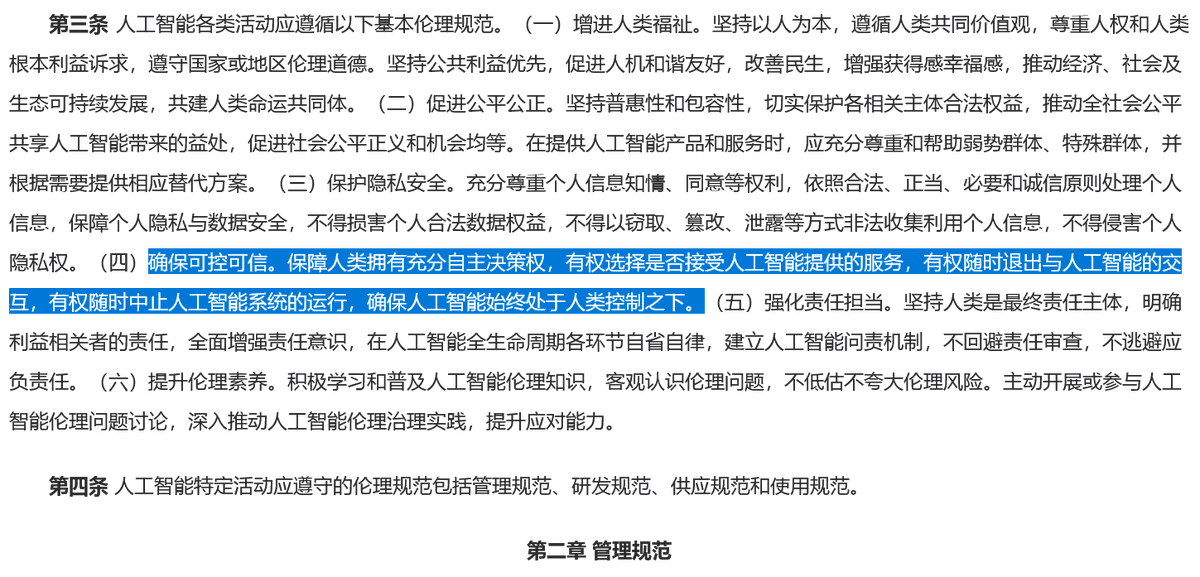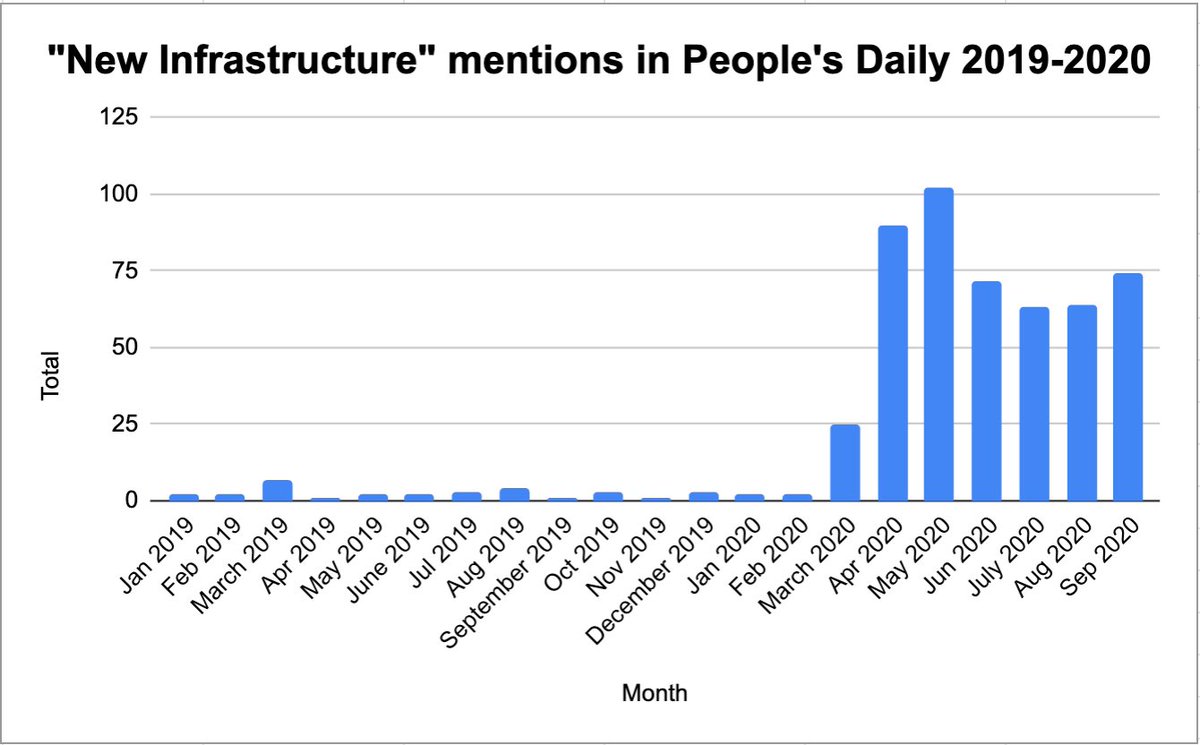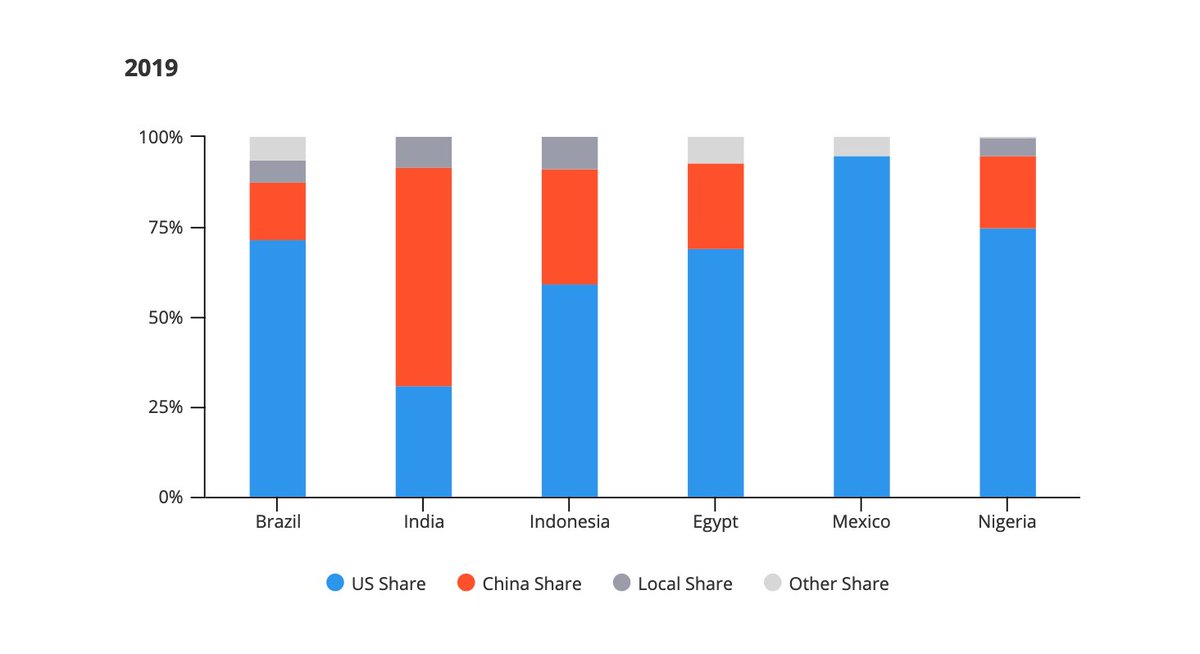
US/China AI & tech. Fellow @CarnegieEndow. Author "The Transpacific Experiment: How China & California Collaborate & Compete For Our Future." Nuggets.
How to get URL link on X (Twitter) App






 First, the context:
First, the context:
 2/x
2/x




 Impt qualifier: this chart is built off my *subjective assessment* of these trends.
Impt qualifier: this chart is built off my *subjective assessment* of these trends.



 @JianingHollyHe We spoke w/ a soybean industry rep who told us they first set up a Beijing office in 1982, betting that Reform + Opening would mean greater demand for animal feed & soybeans.
@JianingHollyHe We spoke w/ a soybean industry rep who told us they first set up a Beijing office in 1982, betting that Reform + Opening would mean greater demand for animal feed & soybeans.